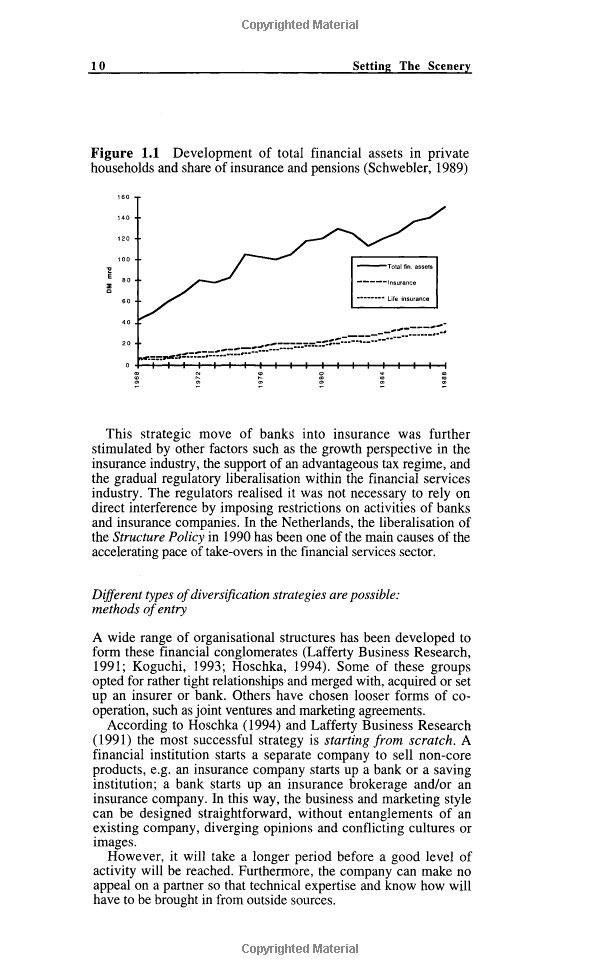Understanding the Aggregate Loan Amount: A Comprehensive Guide to Your Financial Future
#### What is Aggregate Loan Amount?The term **aggregate loan amount** refers to the total amount of money that a borrower has taken out in loans, which can……
#### What is Aggregate Loan Amount?
The term **aggregate loan amount** refers to the total amount of money that a borrower has taken out in loans, which can include various types of loans such as student loans, personal loans, mortgages, and auto loans. This figure is crucial for both borrowers and lenders as it provides a clear picture of an individual's or entity's overall debt situation. Understanding this concept is essential for effective financial planning and management.
#### The Importance of Knowing Your Aggregate Loan Amount
Knowing your **aggregate loan amount** is vital for several reasons. Firstly, it helps you assess your financial health. By understanding how much debt you have accumulated, you can make informed decisions about future borrowing and spending. Lenders also use this figure to evaluate your creditworthiness. A high aggregate loan amount may indicate a higher risk for lenders, potentially leading to higher interest rates or loan denials.
#### How is Aggregate Loan Amount Calculated?
To calculate your **aggregate loan amount**, simply add up all the outstanding balances of your loans. This includes:
- **Student Loans**: Both federal and private loans are included in this total.

- **Personal Loans**: Any unsecured loans taken out for personal use.
- **Mortgages**: The balance remaining on your home loans.
- **Auto Loans**: The amount owed on any financed vehicles.
By keeping track of these figures, you can maintain a clear understanding of your total debt obligations.
#### Strategies to Manage Your Aggregate Loan Amount

Managing your **aggregate loan amount** effectively can lead to better financial stability. Here are some strategies:
1. **Create a Budget**: Track your income and expenses to ensure you can make timely loan payments.
2. **Prioritize High-Interest Loans**: Focus on paying off loans with higher interest rates first to reduce the overall amount of interest paid.
3. **Consider Consolidation**: If you have multiple loans, consolidating them into a single loan can simplify payments and potentially lower interest rates.
4. **Regularly Review Your Loans**: Keep an eye on your loans and their terms. Refinancing may be an option if interest rates drop.
![]()
#### Impact of Aggregate Loan Amount on Credit Score
Your **aggregate loan amount** plays a significant role in determining your credit score. Lenders look at your debt-to-income ratio, which compares your total debt payments to your income. A lower ratio is favorable and indicates that you are not over-leveraged. Conversely, a high aggregate loan amount can negatively impact your credit score, making it harder to secure future loans.
#### Conclusion: Taking Control of Your Aggregate Loan Amount
In conclusion, understanding and managing your **aggregate loan amount** is crucial for financial success. By keeping track of your total debt, creating a solid repayment plan, and being proactive in managing your loans, you can improve your financial health and creditworthiness. This knowledge empowers you to make informed decisions that can lead to a more secure financial future. Whether you are a student, a homeowner, or anyone in between, being aware of your aggregate loan amount is the first step towards achieving your financial goals.